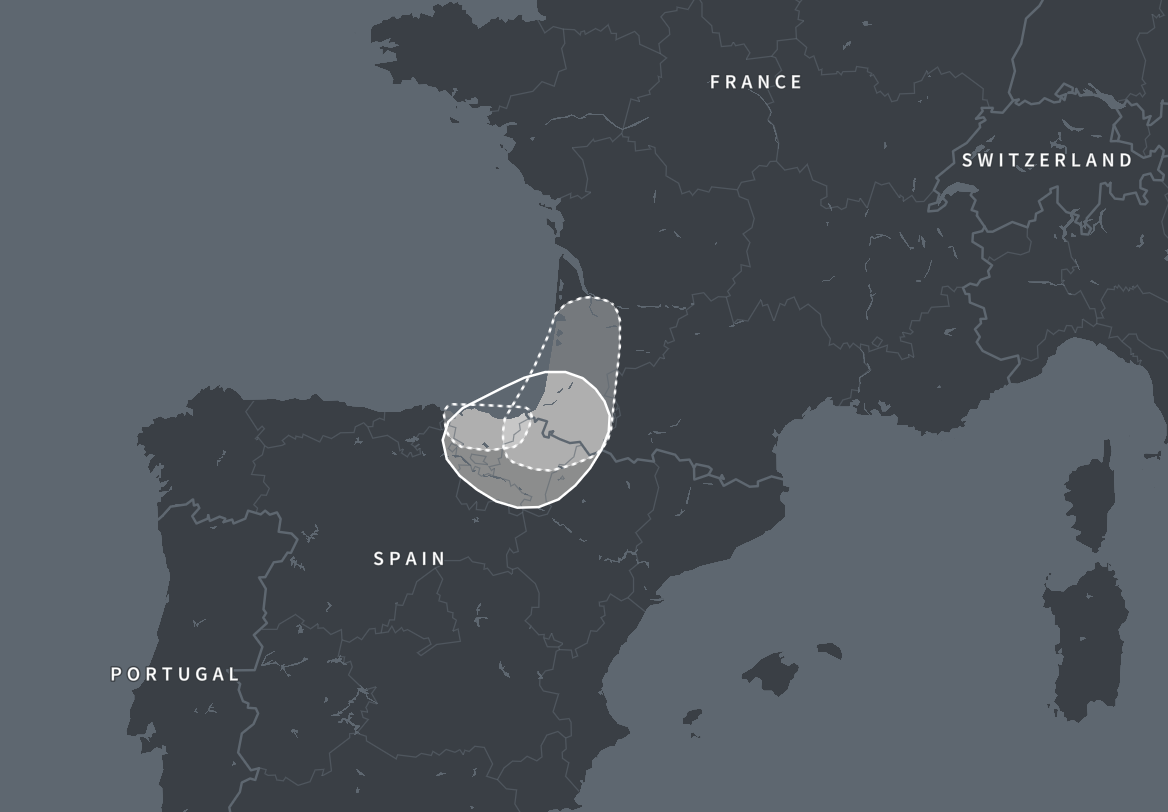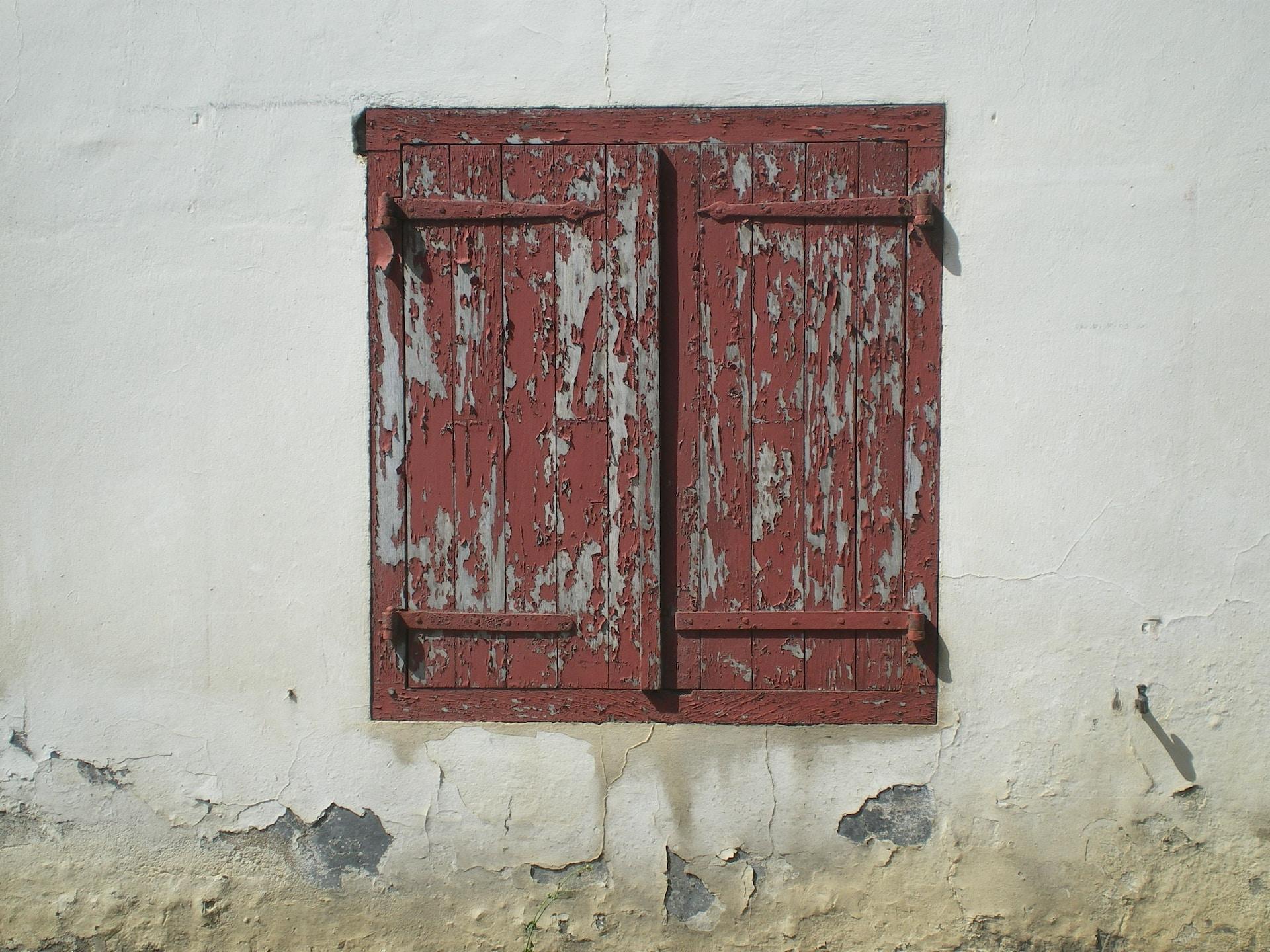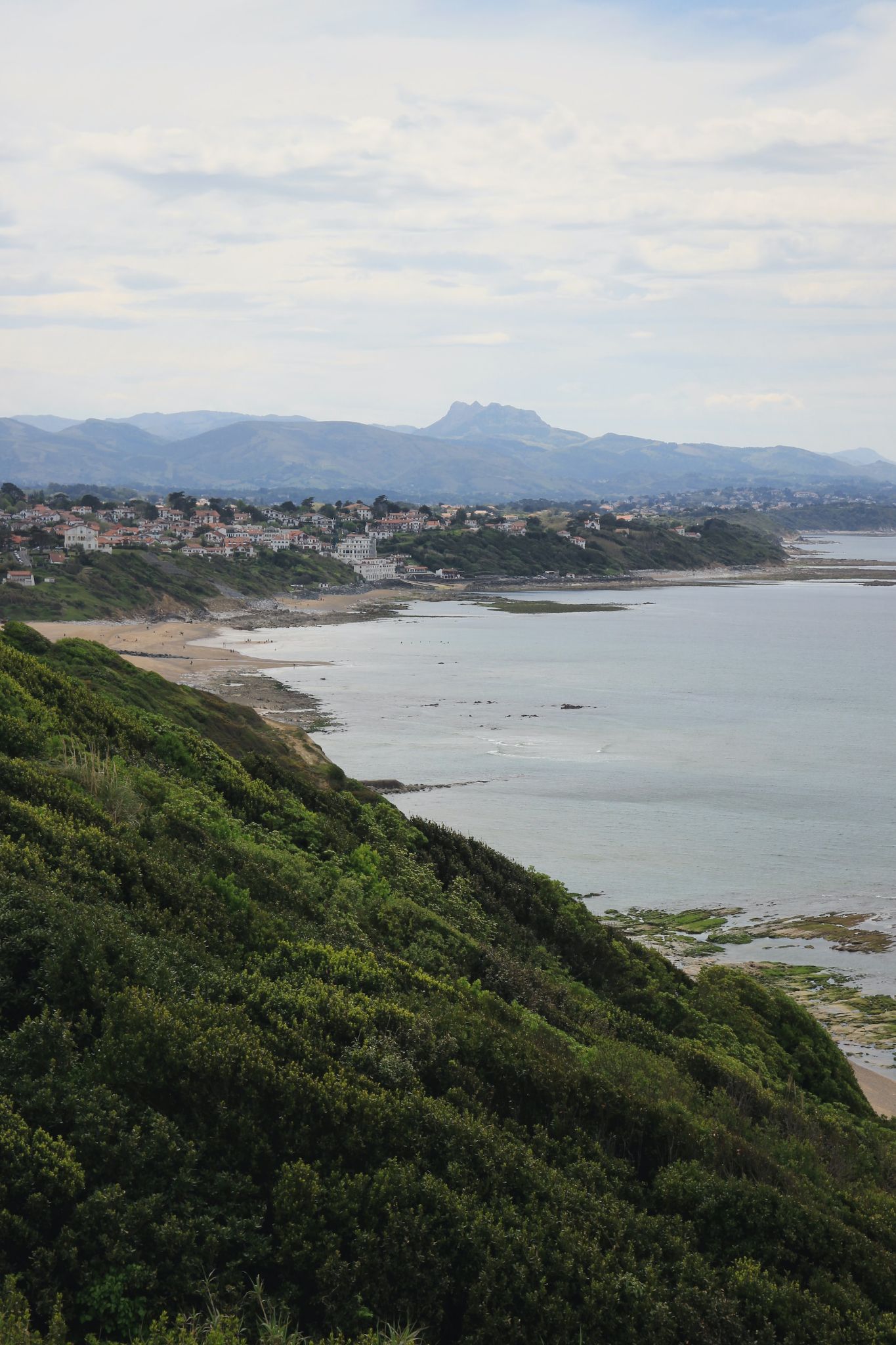What is Basque DNA Ethnicity on Ancestry?
The results of our AncestryDNA tests may sometimes be what we expect or on occasion may be a big surprise. Either way, often we need a little more information regarding some of the regions that arise in our ethnicity estimates.

One region that is not at all uncommon is the Basque DNA region. Those who still live in this region already understand all about its history and culture. There are others, however, who may never have even visited or in fact been aware that they have ancestors from that area.
In this post we will go into more detail with regards to the history, geography and culture of the Basque region. We will also discuss what it means to be from this region and how easy or difficult it might be to trace our roots in the Basque Region.
What Is the Basque DNA Region?
The Basque DNA region is a very small one that covers an area between two much larger nations. This unique region is found in two small areas in the border region between southwest France and northeast Spain. In this region you will find the Bordeaux region of France and the Spanish region of Pamplona.

Basque DNA Region Subregions
The Basque DNA region, although small, also has two subregions. The Spain, France and Basque Country region is found right in the center of the main region and is split roughly equally between France and Spain. A smaller subregion called Northern Spain falls mainly along the north coastal region of Spain and only partially enters into France at the most southwesterly tip.
Basque Region History
Genetic studies have indicated that the unique DNA of the Basque region may indicate that the Basques are descendants of the original Cro-Magnons that lived in the region almost 60,000 years ago. This is a group who have typically been isolated despite being part of two much larger nations.
Basque Tribes
The tribes of the Basque region were mentioned in Roman times including the groups known as Vascones and Aquitani. They had a language that was unique to the tribes of Spain and France. The tribes of this region had an almost constant struggle fending off invasions from the Frankish tribes from the north and the Visigoths and Arabs from the south.
Attacks came from both sides into what was known as Vasconia. This was a region between the Ebro and Garonne rivers which served as an ethnic and political center for the region's tribes.
By the turn of the first millennium, Vasconia had fragmented into multiple feudal regions, which included Soule and Labourd. At the same time the areas south of the Pyrenees the Castile, Pamplona and the Pyrenean counties of Aragon, Sobrarbe, Ribagorça, and Pallars would emerge as the main regional entities in the 9th and 10th centuries.
The Kingdom of Pamplona
The central region of the Basque realm was known as the Kingdom of Pamplona and would soon undergo a process of feudalization. During this period it was heavily influenced by their Aragonese, Castilian and French neighbors.
Around 1199 – 1201 the Castile would deprive Pamplona of its coastline by conquering their key western territories. The result was to turn this Basque kingdom into a landlocked state. Ravaged by the War of the Bands, which was a bitter partisan civil war between local ruling families and weakened by the Navarrese civil war, this caused the bulk of the region to eventually fall before the onslaught of the Spanish armies in the early 16th century.
Independence
Despite the constant pressures from France and Spain the Basque managed to enjoy a reasonable amount of self governance up until the French revolution in 1790 and the later Carlist wars between in 1839 and 1876.

In the Carlist wars the Basque supported heir apparent Carlos V and his descendants. However on the other side of the Pyrenees the Basques began to lose their native institutions and laws. Even to this day the Basque regions of France and Spain tend to have some level of autonomy and actively push for more at any given opportunity.
How Did You Get Basque Region DNA?
If you already know that you had family who came from Basque or any of the bordering European states then you know why you have Basque region DNA. If this result came as a surprise you may not know how exactly you came by DNA from this region.
If you have a sizable percentage of DNA from this region then it is likely you have an ancestor who was born in or close to the Basque region.
Is the Result Accurate?
When it comes to ethnicity estimates the higher the percentage you have from a certain region the more likely it is to be accurate. If your percentage is low, however, then it is harder to pinpoint exactly where your most recent ancestors came from.
A low result could mean a distant ancestor from that region. It is best to focus on your highest rated region's matches to determine where your ancestors came from more recently. A low percentage can often be hard to locate because the ancestor in question could be many generations back in your tree.
How to Research my Ancestry from These Regions
The results of a DNA ethnicity test are of course a great place to start especially if there is an unexpected result found in the report. As always of course the DNA cannot tell the whole story and we need to actually do the research work.
A percentage on an ethnicity estimate means very little unless you follow through and start building up your family tree. The relevant ancestors may be several generations back and it may take a lot of research to discover who they were.

If you have specific regions mentioned in your report then you have a good idea of where your ancestor may have originated from. Ancestry DNA even has migratory information from some of these regions through to the final settlement places in the United States or elsewhere in the world.
Using Ancestry you may be able to determine not only who your ancestors were from the British Isles but perhaps the reason they decided to move.
Basque Migration
Despite being a very isolationist region inevitably Basques have migrated away over the centuries. This would have been mainly within Europe but with the Carlist Wars in the 1830s and the discovery of gold in California in the 1860s there was a wave of migration to America.
Notable settlements of Basque Americans today are found around the Sierras in California and Northern Nevada. They came to this region historically as potential goldminers and also in some cases as sheepherders.
Final Thoughts
The Basque are a group who have held onto their traditions and unique identity despite being spread between two major European nations. They are a proud people and descend from tribes who battled the Franks, Visigoths and Arabs and held on to an identity that was uniquely Basque.
Link To or Reference This Page
We spent a lot of time downloading, cleaning, merging, and formatting the data that is shown on the site.
If you found the data or information on this page useful in your research, please use the tool below to properly cite or reference Name Census as the source. We appreciate your support!
-
<a href="https://namecensus.com/blog/what-is-basque-dna-ethnicity-on-ancestry/">What is Basque DNA Ethnicity on Ancestry?</a>
-
"What is Basque DNA Ethnicity on Ancestry?". NameCensus.com. Accessed on May 4, 2024. https://namecensus.com/blog/what-is-basque-dna-ethnicity-on-ancestry/.
-
"What is Basque DNA Ethnicity on Ancestry?". NameCensus.com, https://namecensus.com/blog/what-is-basque-dna-ethnicity-on-ancestry/. Accessed 4 May, 2024
-
What is Basque DNA Ethnicity on Ancestry?. NameCensus.com. Retrieved from https://namecensus.com/blog/what-is-basque-dna-ethnicity-on-ancestry/.
